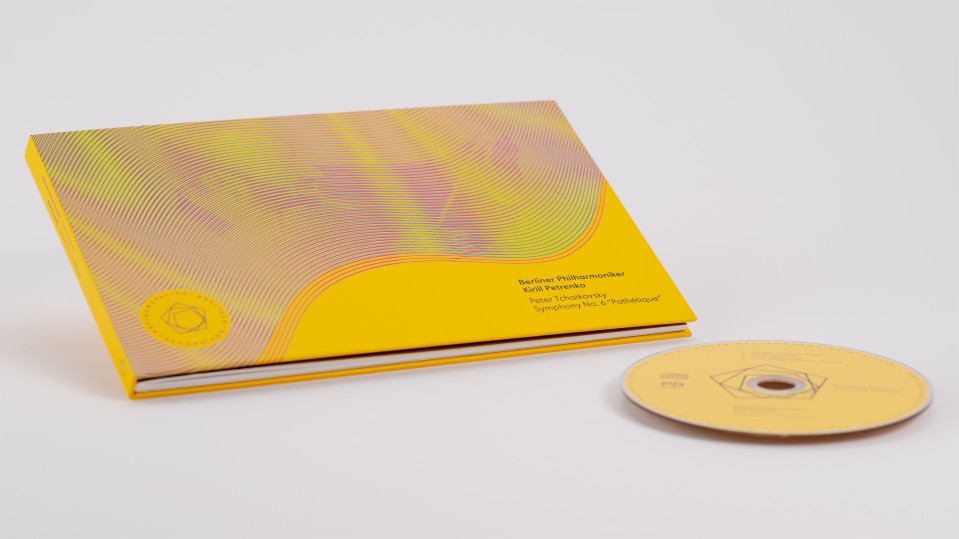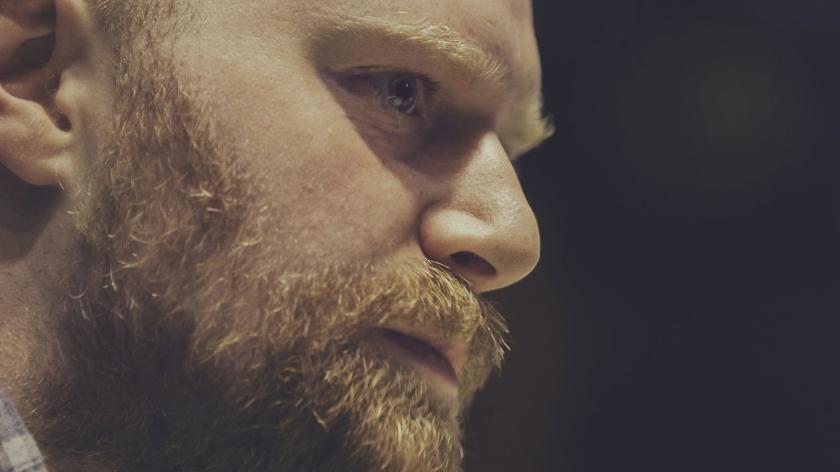 Daniel Elms: Islandia (New Amsterdam Records)
Daniel Elms: Islandia (New Amsterdam Records)
Composers have long taken inspiration from landscape, and much of Daniel Elms’ absorbing Islandia is rooted in the ambience, sights and sounds of his home city, Hull. If you’ve not been there, book a weekend break now: Hull is a fascinating, otherworldly place with some superb architecture and a very un-English sense of otherness. The title track is a ten-minute musical voyage, an excitable opening paragraph leading us into choppier waters before returning to a land of “home-cooked food and knitted tea cosies”. Radiant but unsentimental, it prompted me to skip a few tracks to North Sea Quartet, Elms’s glittering, shimmering portrayal of a seascape to be worshipped, revered and feared, synthesisers adding an ominous hint of the water’s dark, murky depths. Bethia was commissioned for Hull’s stint as 2017 City of Culture. Seabirds and a phantom chorus collide with Hull Minster’s bells in a picaresque love song to the city's past, present and future.
The Old Declarn takes inspiration from a book of Appalachian folk songs compiled by Cecil Sharp and later discovered hidden on Imogen Holst's bookshelves. Ghostly fragments of tune waft in and out of focus, eventually fading into silence. Soft Machines is tougher stuff, prompted by a William Burroughs novel, the more prominent use of electronics adding to the sense of unease. Ensemble playing is excellent, Elms mixing the end result as well as playing guitar. Most of the musical arguments are sustained by hard-working pianists Tomáš Klement and Craig White. Production values are impressive: listen to Islandia through decent headphones for a joyously immersive experience.
 Hindemith: Complete Works for Violin & Piano, Kleine: Sonata for Viola d’amore & Piano Roman Mints (violin and viola d’amore), Alexander Kobrin (piano) (Quartz)
Hindemith: Complete Works for Violin & Piano, Kleine: Sonata for Viola d’amore & Piano Roman Mints (violin and viola d’amore), Alexander Kobrin (piano) (Quartz)
Hindemith was a musical polymath who could play just about everything, though he first achieved prominence as a violinist during the early years of WW1. Conscription was inevitable but uneventful, much of Hindemith's time being spent performing in military bands and string quartets. Few composers’ reputations have dipped so low; once regarded as the equal of Stravinsky, Bartók and Schoenberg, Hindemith has sadly slipped off most listeners’ radars. There's a nice quote from violinist Roman Mints in this disc’s booklet, celebrating his rediscovery of “a man whose wildness hid a tender side, whose severity concealed humour… a capacity for ecstasy.” Hindemith's versatility makes him hard to pin down, but Bernstein's assessment of him as one of the greatest 20th century melodists was correct. Mints and pianist Alexander Kobrin know this too, and they're wonderful at bringing out Hindemith's songful side. The two early Op. 11 sonatas are packed with memorable material: sample the D major one's first movement, and the mastery with which Hindemith manipulates his material.
Two more sonatas followed: 1935’s E major work is a concise diptych with a marvellous second half, its successor an expansive three-movement piece in Hindemith's mature style. It closes with a staggering triple fugue, played here with authority and affection. The bonus items are excellent, notably the piano reduction of the appealing Trauermusik, composed on the hoof as a tribute to the late King George V. The Kleine Sonate for viola d’amore is tougher stuff, the contrapuntal severity at odds with the instrument’s appealing tone. Beautifully recorded and well-annotated, this is an important and useful disc.
 Tchaikovsky: Symphony No 6 Berliner Philharmoniker/Kirill Petrenko (Berliner Philharmoniker Recordings)
Tchaikovsky: Symphony No 6 Berliner Philharmoniker/Kirill Petrenko (Berliner Philharmoniker Recordings)
This is excellent in so many ways, yet also more than a little frustrating. Kirill Petrenko's reticence in releasing CDs is well documented (“producing one box after another doesn't interest me”) and he writes here of his antipathy to modern recordings, as older ones “speak from another time.” If you’re into Tchaikovsky's last three symphonies, the famous DG set with Mravinsky's Leningrad Philharmonic really does offer a sonic glimpse into another world. You can pick up a copy second-hand for a few quid. Petrenko's Tchaikovsky 6 is a live affair, his first concert after having been confirmed as the Berlin Philharmonic’s new principal conductor. The playing is pin-sharp, the swiftish speeds making for an exciting ride. The first movement's surging second subject is full of life, not a maudlin lament. Tchaikovsky's stormy development does plumb Mravinskian depths here, the recap as emotionally satisfying as any I've heard on disc.
The two middle movements fly by, balletic and exhilarating by turns. Petrenko's slow finale is superbly handled, a passionate, headstrong descent into the abyss, all the more effective for avoiding cheap sentiment. Listen out too for horn player Sarah Willis’s spectacular handstopped pedal notes. Musically impressive then, and nicely packaged, but short measure at only 45 minutes. I'd prefer to have Petrenko's Elgar, Mahler or Franz Schmidt on CD, but live performances are available on the orchestra's Digital Concert Hall if you're prepared to take out a subscription.














Add comment